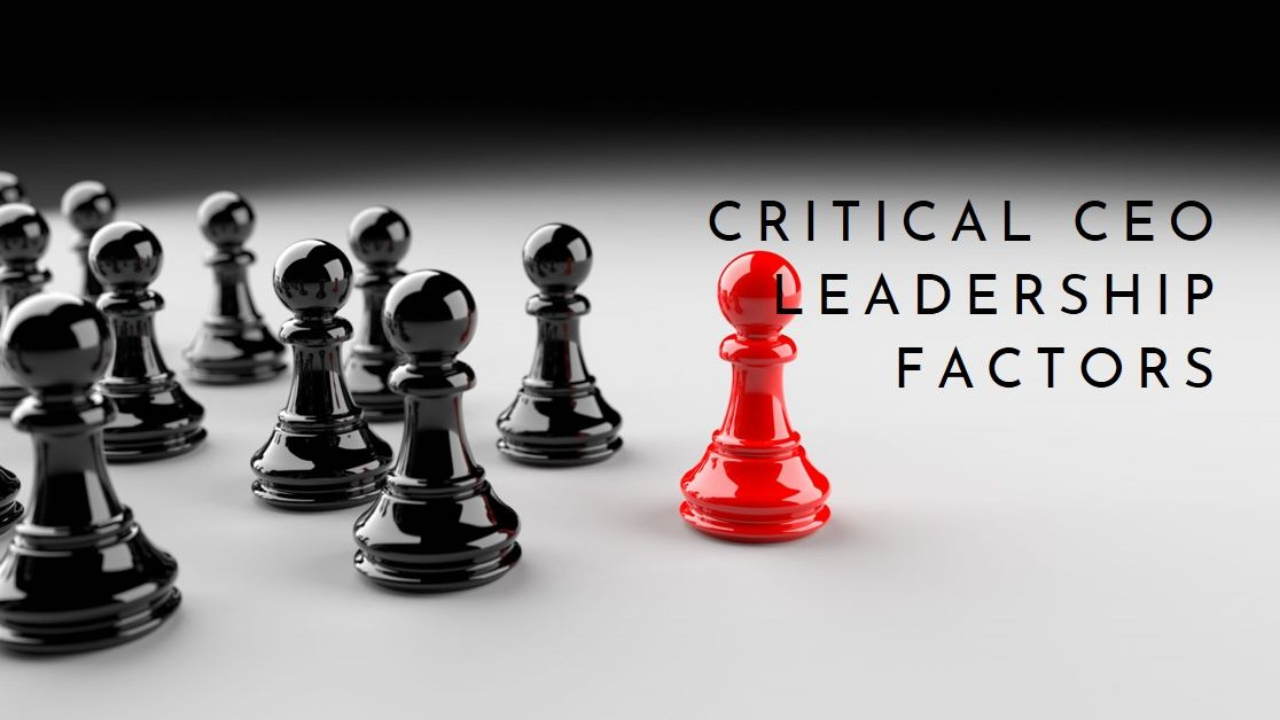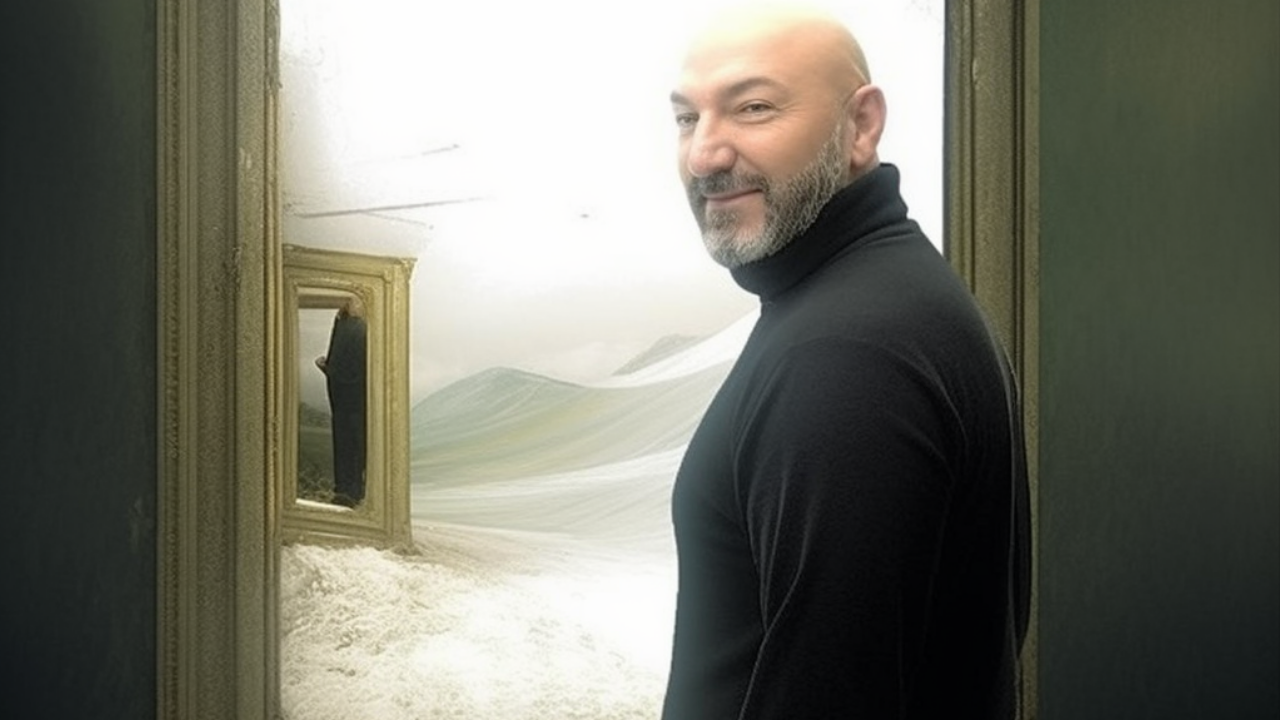Harnessing AI Tools for Enhancing Self-Leadership
May 21, 2023
The Problem with Leadership Development
May 19, 2023
Effective Leadership in a Cancel Culture Era
May 18, 2023
Why Love is the Secret for Feedback and Growth
May 17, 2023
What Makes a Great Speech (and a Speaker)
May 16, 2023
















